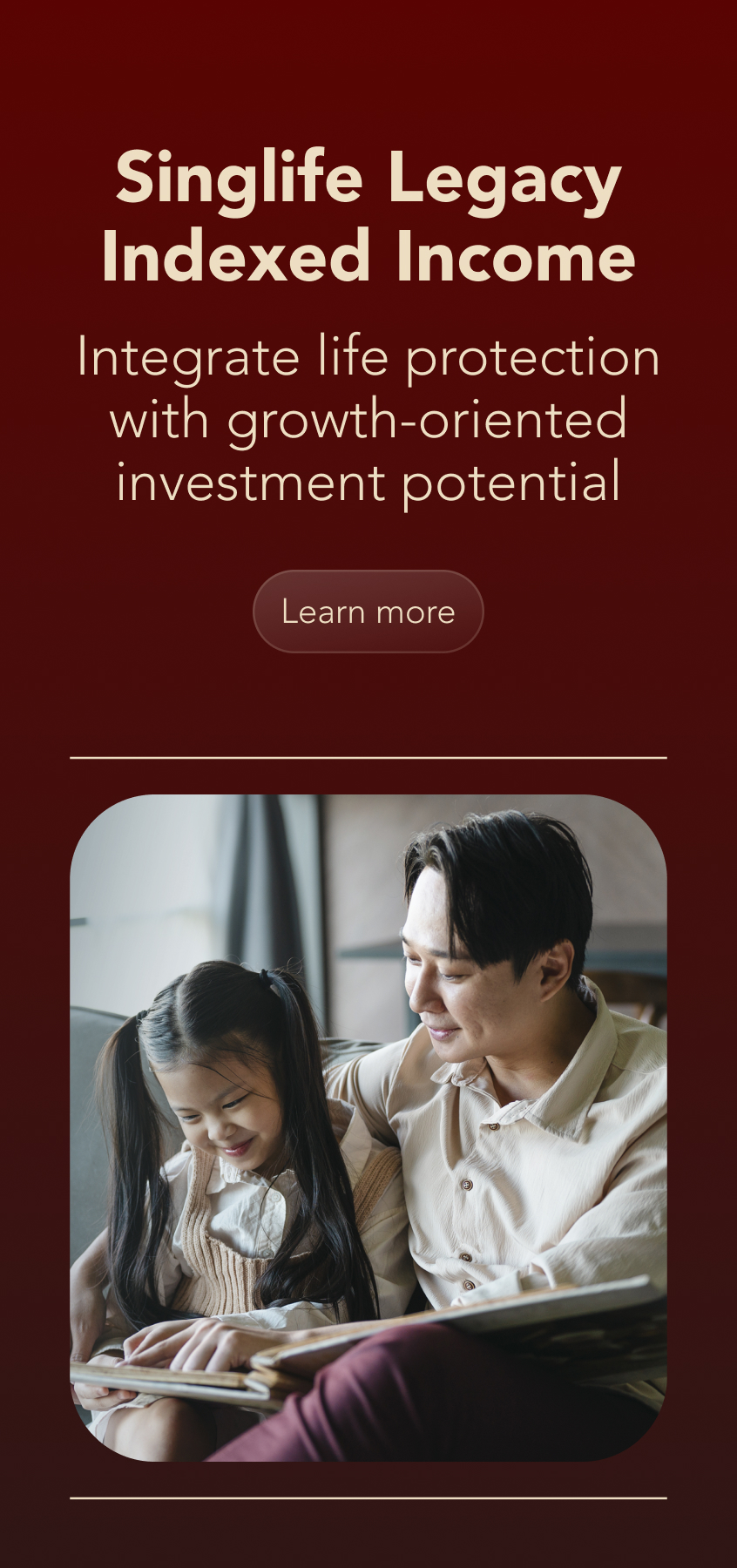Dela Lau was generally healthy as a kid. She never smoked and never drank alcohol. She’d also go for long walks twice a week, and she began taking health supplements regularly even before cancer crept into her life. She seemed to be doing everything right, then she was diagnosed with stage 4 lymphoma at the age of 36. Lymphoma is a type of cancer that affects the body’s white blood cells, which are part of the immune system and responsible for fighting infections.
“When most people hear the word cancer, the first thing that comes to mind is death. But cancer isn’t a death sentence. Medical advancements today mean that there’s a higher chance of treatment and recovery. When the doctor broke the news, I kept thinking, ‘I want to live’,” she recalls.
Not a battle but a phase
Dela had many questions about lymphoma, so she read up extensively about it. She also sought the opinions of various medical experts in order to identify the best treatment option – one that’d give a higher survival rate and quicker recovery. While cancer takes a lot out of a person, in Dela’s case, it made her will to live even stronger.
“I didn’t really see my cancer experience as a ‘fight’ or ‘battle’, but more a process my body was going through. I also read inspiring books by other cancer patients to learn how they coped with the illness,” she explains.
Her illness made her live life differently. Dela stopped work as a childcare centre supervisor for a year during her treatment. She went from constantly being occupied with work to deliberately slowing down her pace of life. She began to spend more time on herself and with her mum. She also found comfort in activities she enjoyed, like craftwork and reading.
“Slowing down is about taking time to really immerse yourself in whatever you do, about being present and focusing on whoever you’re with at that moment. I began to connect with myself on a deeper level and discover what I really wanted to do.”
Coping with the financial impact
Cancer treatment can mean shockingly high medical bills. Dela shares that her medical bills alone comprised specialist consultations, lab tests, x-rays, chemotherapy and medication. “I didn’t really take note of the exact figures but each of my six chemo cycles came up to about S$1,200, and one of the six medications I took cost S$5,000 per pack, and I took six of them,” she shares.
There were also non-treatment related costs, like the cost of transportation to and from the hospital for treatment and follow-up check-ups. On top of that, she spent more on health supplements during her recuperation period, to help restore her health and boost her immunity.
Meanwhile, there were recurring bills as well as home loan repayments which continued even though she had stopped working. Looking back, she says, “No one should have to worry about money when they’re ill.”
Thankfully, having cancer didn’t mean financial stress for Dela. Having insurance coverage meant she didn’t have to worry about the cost of treatment or income loss.
She says, “I wasn’t financially tied down by cancer. The lump-sum payout from my critical illness plan helped me pull through my days without income and manage my family expenses. My Shield plan also covered about 90% of my medical costs.
“Even before my cancer, I’ve always made financial protection a priority because I’ve seen many cases of people encountering unexpected events in their life such as illness which can be costly. I bought a protection plan when I was young and even bought one for my mum.”
Having had a brush with cancer in her 30s, Dela feels more young people should be aware of the importance of being financially prepared. “I personally believe one of the first things people should do when they start working is to plan for their future medical needs,” she says.
How she pulled through
“You can find incredible strength in a good support system. My insurance agent, friends and family rallied around me when I was ill,” says Dela.
As she works in a childcare centre that’s supported by an association, its members gave her emotional and moral encouragement, going as far as ferrying her between her home and the hospital during her treatment period. “The support really helped me on the road to recovery,” she recalls.
While cancer took control of her health for a period of time, it couldn’t take away her hopes and dreams. “I take a different approach to life now. I’m gentler on myself and I’ve learnt to let go. I appreciate life more than before. I do things which are meaningful to me, and I’ve completed my advanced diploma in education and child psychology which I had wanted to do before cancer,” she says.
Surviving cancer is a cause for celebration, but Dela is mindful that there’s no guarantee it’ll never come back. “In a sense, my time can be unlimited and limited,” she reflects. “But I’m treasuring every second of life. I’m much happier.”








